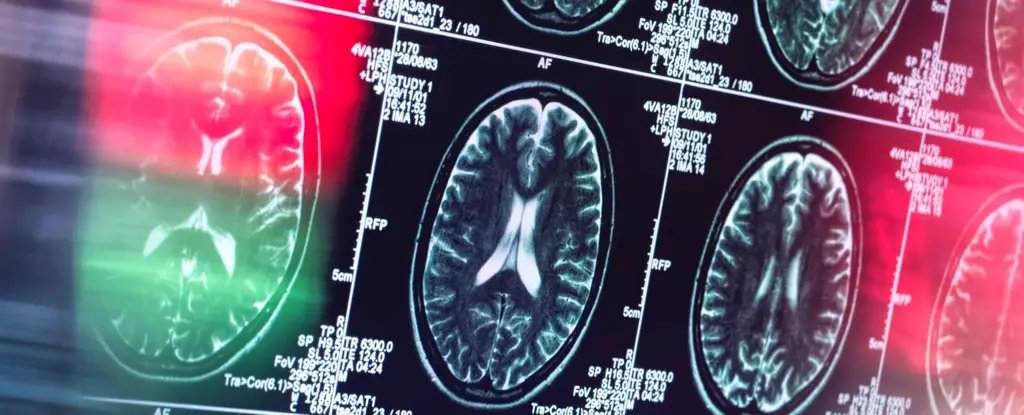Recent research has shed light on dysfunctions in two specific brain systems in individuals with psychosis. These systems play a crucial role in filtering attention to important internal and external information and predicting rewards. The study, conducted by a team from Stanford University, aims to provide a deeper understanding of how psychosis symptoms manifest, with the hope of developing more effective treatments and interventions for psychosis and related mental health conditions.
Cognitive neuroscientist Kaustubh Supekar and his team examined brain scans from 445 individuals with various conditions, including autism, ADHD, early psychosis, and 22q11.2 deletion syndrome. Comparing these scans to those of 411 healthy individuals, the researchers identified differences in brain function using a machine learning algorithm. The study pointed to specific areas of the brain, such as the anterior insula and the ventral striatum, which are essential for attention regulation and reward processing, respectively.
Implications for Schizophrenia and Bipolar Disorder
Schizophrenia and bipolar disorder are complex conditions that often involve symptoms of psychosis. Through their research, Supekar and his colleagues have provided valuable insights that could contribute to a better understanding of the development and progression of these conditions. By pinpointing alterations in the salience network and reward-driven pathways, the study offers a potential roadmap for future interventions targeting these specific brain regions.
Potential Treatment Strategies
One of the challenges in treating psychosis lies in accurately assessing the effects of different interventions on the brain. However, with the newfound knowledge of the brain areas affected by psychosis, scientists and clinicians may be able to devise more targeted treatment approaches. Techniques such as transcranial magnetic stimulation and focused ultrasound could be modified to address the dysfunctions in attention filtering and reward prediction observed in individuals at risk of psychosis.
In addition to advancing treatment options, the research also emphasizes the importance of compassion and support for individuals with psychosis. The experience of being disconnected from reality can be frightening, and the line between normal and abnormal brain function is not always clear-cut. By fostering understanding and empathy towards those with psychosis, we can help reduce stigma and enhance the quality of care and support available to these individuals.
Overall, the study offers a promising outlook on the future of psychosis research and treatment. By unraveling the neural mechanisms underlying psychosis symptoms, researchers are paving the way for more targeted and effective interventions, as well as advocating for a compassionate and supportive approach towards individuals experiencing psychosis.


Leave a Reply